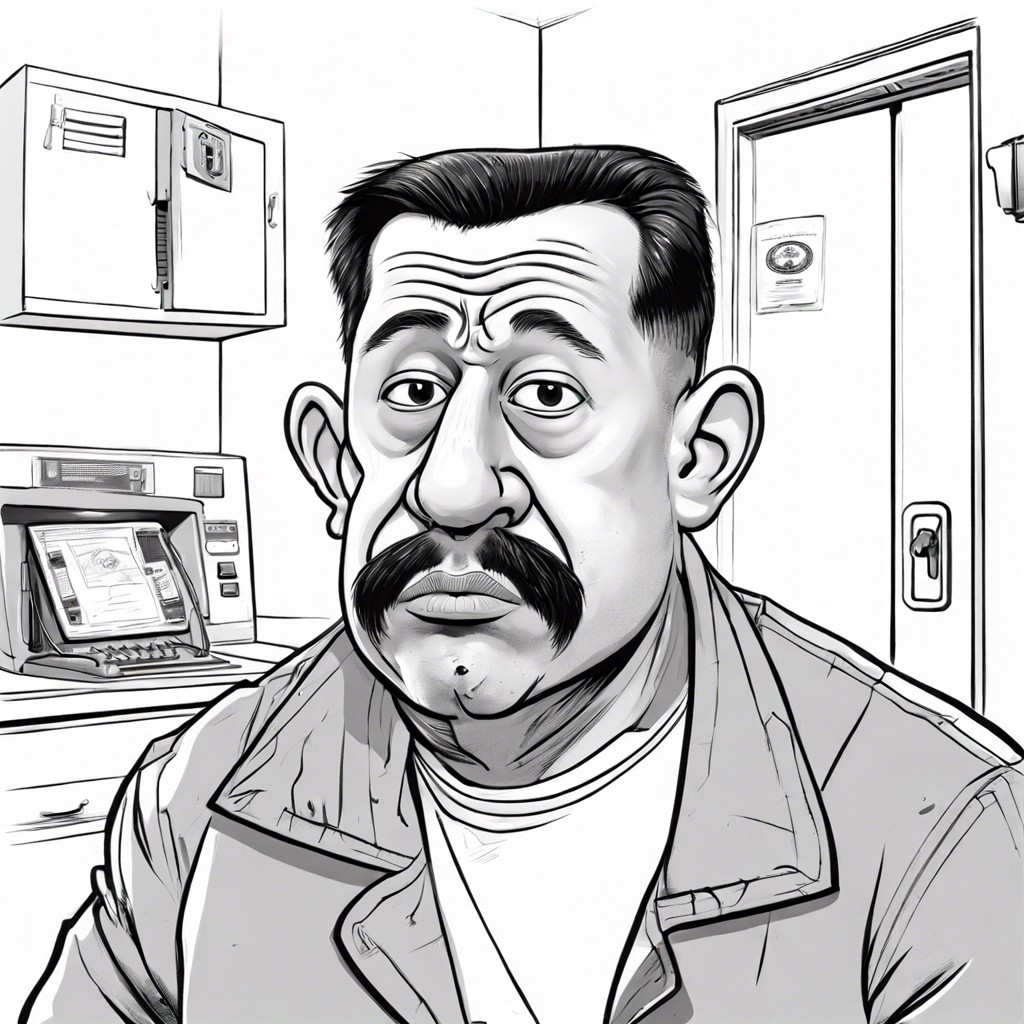If you accidentally took 40 mg of Lexapro, it’s important to know the potential effects and when to seek medical attention.
Feeling your heart race after realizing you’ve just taken 40 mg of Lexapro? Don’t worry, you’re not alone! This guide will walk you through symptoms to watch for, immediate actions to take, potential long-term effects, and when to seek medical help. Stick around to find out how to prevent this mishap in the future. Let’s dive into damage control!
Key takeaways:
- Watch for symptoms: Dizziness, headache, nausea, and more.
- Immediate actions: Stay calm, call provider, drink water, avoid driving.
- Long-term effects: Cognitive fog, mood swings, fatigue, stomach issues.
- Seek medical help: Severe dizziness, tremors, visual disturbances, chest pain.
- Prevent future mistakes: Double-check dosage, use pill organizer, educate yourself.
Symptoms to Watch For

Alright, so you’ve accidentally taken more Lexapro than intended. First off, deep breaths, and let’s stroll through this. You might start feeling a bit dizzy or even notice some headaches sneaking up on you like uninvited party guests. Excessive sweating could make an appearance, turning you into an impromptu sprinkler system.
Nausea might decide to join the mix too, making you feel like you’ve been spinning in circles. Feeling unusually drowsy? That’s the Lexapro kicking back and taking a nap, so watch out for that.
Increased heart rate and high blood pressure aren’t shy either. They might try to rev up your internal engine a bit more than usual. Twitching muscles? Oh, they could definitely show up to the party too.
And hey, if you start feeling confused or overly agitated, that’s Lexapro calling the shots. Just keep an eye out and remember, this too shall pass.
Immediate Actions to Take
First, stay calm. Panic won’t help anyone. Find a quiet space where you can focus.
Next, call your healthcare provider. They know your medical history and can give specific advice.
Drink some water. It helps with absorption and keeps you hydrated.
Keep the medication bottle handy. You’ll need to tell the healthcare provider exactly what you took.
Avoid driving or operating heavy machinery. Lexapro can cause dizziness and drowsiness, and safety should be a top priority.
If instructed, head to the nearest emergency room. Don’t fret; it’s a precaution.
Having company helps. A friend or family member can assist and monitor your condition.
Finally, keep your phone charged. You’ll need it for updates from your healthcare provider.
Potential Long-Term Effects
Ingesting 40 mg of Lexapro—yikes! Long-term effects might not seem so obvious at first. Here are a few possibilities to keep an eye on:
Feeling foggy? You might notice some cognitive cloudiness playing hide and seek in your brain. Unwanted guests like persistent dizziness or headaches could crash on your mental couch for a while.
Mood swings? Think emotional rollercoaster. One moment, riding high; the next, plummeting into low valleys. It’s not your favorite amusement park trip.
Stomach grumbling and growling more than usual? Your digestive system might launch a protest. Nausea or changes in bowel habits can decide to join the fun.
And let’s not forget the fatigue. Yes, that drowsy, lethargic, “just-want-to-snooze” feeling. It could stick around longer than your last binge-watch marathon.
Remember, everyone’s body reacts differently. Keep an eye out, jot down any quirks, and communicate with your healthcare provider if needed!
When to Seek Medical Help
Feeling like you’re starring in your own medical drama might not be ideal, but here are some clear signs to dial up the professionals:
If you experience severe dizziness or fainting spells, it’s time to act. Your body shouldn’t feel like it’s auditioning for a soap opera.
Uncontrollable shakes or tremors? Not a great look and definitely not normal. Pick up the phone.
Visual disturbances—if things start looking like a Picasso painting gone wrong, reach out for medical advice.
Rapid heartbeat or chest pain shouldn’t be part of your daily excitement. Call a doctor stat.
Lastly, if confusion sets in and you can’t remember why you walked into the room, it’s more serious than just a bad memory day.
Better safe than sorry, folks. Picking up the phone could be the smartest move you make.
Preventing Future Mistakes
Triple-check your dosage before taking any medication. Seriously, make it a ritual. It’s like double-knotting your shoes but for your health.
Keep your meds in their original packaging. This is not amateur hour. The labels are there for a reason.
Use a pill organizer if you’re juggling multiple medications. It’s like having a personal assistant who never calls in sick.
Set a reminder on your phone. Our devices already nag us about steps and screen time. They might as well remind us about important stuff too.
Consult your doctor about any concerns. They didn’t go through all that school just to hang diplomas on the wall.
And here’s a curveball: maybe even educate yourself a bit on what you’re taking. No need to become a pharmacist, but knowing the basics could actually be useful someday.




